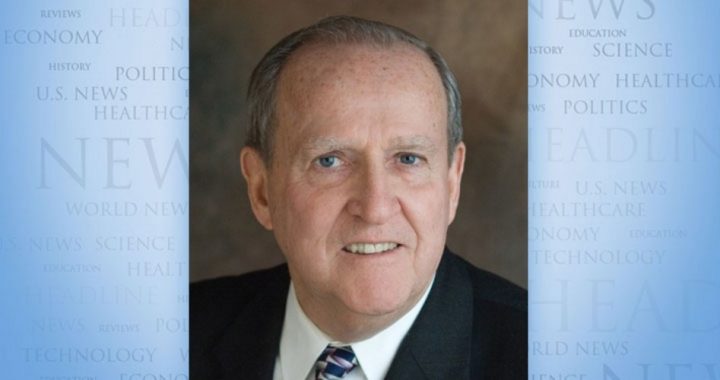
There’s a very welcome result of the 2014 elections. Simply stated, the pollsters were wrong and many of them have been discredited. In case after case, and in widely scattered parts of the nation, what the pollsters predicted was far from what the voters decided.
Faulty polling in Senate contests was rampant. In Kansas, polls predicted an easy win for Independent candidate Greg Orman. He lost to incumbent Pat Roberts and it wasn’t even close. A poll in North Carolina had incumbent Kay Hagan beating State Senator Thom Tillis, but Tillis won by almost 50,000 votes. In Louisiana, incumbent Mary Landrieu had the benefit of running against two opponents and the pollsters expected her to score heavily. She barely outran Republican Bill Cassidy and will now face him in a December run-off where she is expected to lose.
In other races, the margin of victory for several GOP senators greatly exceeded what the polls predicted. Iowa’s Republican Joni Ernst trampled Bruce Brayley when polls predicted a cliff hanger. Arkansas voters pulled their levers far more for Republican Tom Cotton than the predictors claimed. Ditto for GOP winners David Perdue in Georgia and Cory Gardner in Colorado. In Virginia, the polls had incumbent Mark Warner with a double-digit percentage but he barely squeaked by Ed Gillespie.
Pollsters were also wrong in governor races in Maryland, Illinois, and Florida. In House races won by Republicans, many of the predictions were either dead wrong or far from the lopsided result expected.
The chance that polling data might actually influence voters, the goal of some polling, has declined over the years. This is good. People now seem to realize that many pollsters have an agenda and are more interested in shaping public opinion than reporting it. Over the years, how many Americans would have valued polls taken by George Gallup or Elmo Roper if they knew that these two polling pioneers were members of the liberal and internationalist Council on Foreign Relations? Unfortunately, using polls to shape opinions rather than report actual thinking has become a science. Clever wording of questions, arbitrary selection of those polled, even lying about polling results helps to distort actual public attitudes.
In his 1995 book, Call the Briefing, former presidential Press Secretary Marlin Fitzwater revealed that a plan had been created to quietly concoct results from a never-taken poll in order to manufacture a need to dump Dan Quayle as the running mate for George H.W. Bush’s try for reelection in 1992. Secretary of State James Baker and campaign manager Robert Teeter deviously produced the made-up result to show that Quayle was a drag on the ticket. Fitzwater wrote that the president’s son, George W. Bush, was in on the plot. But the plotters never followed through on their totally dishonest plan and Quayle wasn’t dumped. How many similarly fraudulent polls have been created, and used, is anyone’s guess.
Like television, polling is not inherently evil. How a poll is formulated, how it is used, and how much weight it is given determines its worth. Sometimes, pollsters produce extremely accurate forecasts of how the public feels. Oftentimes, they are way off the mark. Relying on them amounts to allowing someone else to make up your mind. Letting a poll shape one’s opinion is an absurdity.
The faulty results of 2014’s polling should convince more Americans to do their own thinking and not become swayed by a poll — even an honest one.
John F. McManus is president of The John Birch Society and publisher of The New American. This column appeared originally at the insideJBS blog and is reprinted here with permission.



